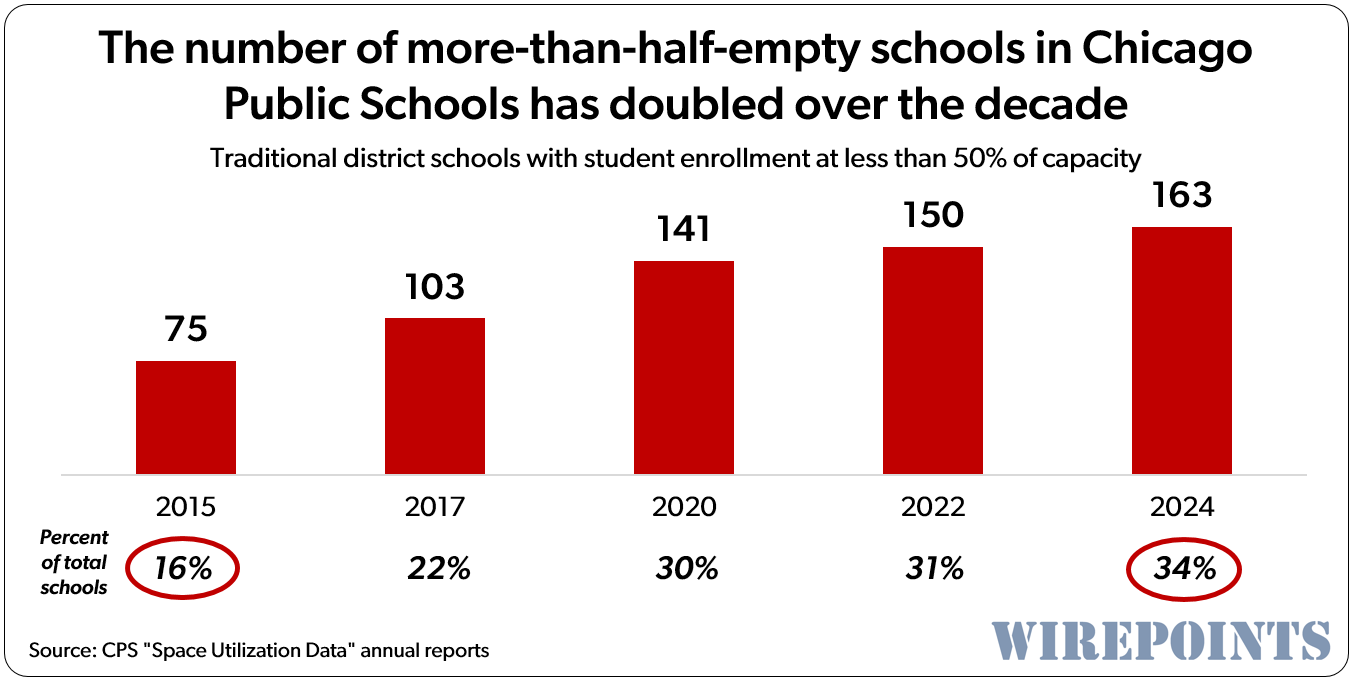By: Mark Glennon*
We told you early this year that right-to-work would likely come to Illinois but it would have nothing to do with what Governor Rauner or the General Assembly do in Springfield, and it would come locally. That’s what happened last night in Lincolnshire, where the village board, by a five to one vote, made the town a right to work zone. This was not like other votes taken earlier this year by other towns, which were nonbinding expressions of policy. Lincolnshire actually enacted right-to-work, and it potentially sets a huge precedent.
You may recall that, in March, Illinois Attorney General Lisa Madigan issued an opinion saying Illinois municipalities can’t do this. Unions and their supporters pounded their chests. “Madigan shoots down local right-to-work zones,” cheered Rich Miller, for example, calling it a “repudiation” of Rauner. “The Attorney General’s opinions on right to work zones and prevailing wage are confirmation of what we suspected from the outset,” said AFL-CIO President Michael Carrigan.
Au contraire. The primary legal issue is a Federal one so Lisa’s opinion means squat, and plenty of major legal authorities say Lisa was wrong. They include Richard Epstein, a prominent legal scholar, who wrote in detail about why Madigan was wrong.
What Lisa’s opinion does correctly say — and she will probably be held to this — is that Federal law preempts state law on the matter. That’s important because it means litigation will be in Federal courts, i.e., real courts and not Illinois state courts run by political hacks.
The legal issues are complex and the outcome is not certain. Labor and Lisa Madigan will challenge Lincolnshire’s action. But the bottom line is that the village is in excellent shape legally and their case will be heard in Federal courts. The Liberty Justice Center reportedly will represent the village pro bono.
Most importantly, expect plenty more municipalities to follow Lincolnshire’s lead.
*Mark Glennon is founder of WirePoint. Opinions expressed are his own.

 A set of state lawmakers want to extend CPS’ current school closing moratorium to February 1, 2027 – the same year CPS is set to transition to a fully-elected school board. That means schools like Manley High School, with capacity for more than 1,000 students but enrollment of just 78, can’t be closed for anther three years. The school spends $45,000 per student, but just 2.4% of students read at grade level.
A set of state lawmakers want to extend CPS’ current school closing moratorium to February 1, 2027 – the same year CPS is set to transition to a fully-elected school board. That means schools like Manley High School, with capacity for more than 1,000 students but enrollment of just 78, can’t be closed for anther three years. The school spends $45,000 per student, but just 2.4% of students read at grade level.
 Hopefully, all media will get the message, in Illinois, too.
Hopefully, all media will get the message, in Illinois, too. Ted joined Tom Miller of WJPF to talk about Illinois’ highest-in-the-nation property taxes, why lawmakers don’t want to touch the tax’s cost drivers, just how much Illinoisans’ tax burden has grown over the decades, why Gov. Pritzker failed to meet his promise to reform property taxes, and more.
Ted joined Tom Miller of WJPF to talk about Illinois’ highest-in-the-nation property taxes, why lawmakers don’t want to touch the tax’s cost drivers, just how much Illinoisans’ tax burden has grown over the decades, why Gov. Pritzker failed to meet his promise to reform property taxes, and more.
pitttrade1988 It is unclear to me how Lincolnshire’s adoption of this ordinance will result in savings for the local taxpayers. As I understand it, under the Lincolnshire ordinance, private sector employees would not be compelled to join a union, but it says nothing of the Illinois Prevailing Wage Act, (akin to the federal Davis-Bacon Act), which requires municipalities to pay the prevailing local wage on work contracts with private employers. In my experience in local government, prevailing wages were based on county-wide wage statistics, so at least initially, this act will not move the wage needle for local taxpayers.
Right, this action was limited to private sector right-to-work.
Every mayor in every town in Illinois should move to enact right to work laws in their local community. A Republican stronghold like DuPage County should be recommending to the mayors/city managers of all the towns to bring this up and vote at the next meeting of their councils.
Towns that pass this will be able to show real tax savings to taxpayers, although with the fiscal straits they are in, won’t be able to pass along the savings. Individuals might move to a town because it’s right to work versus union run.